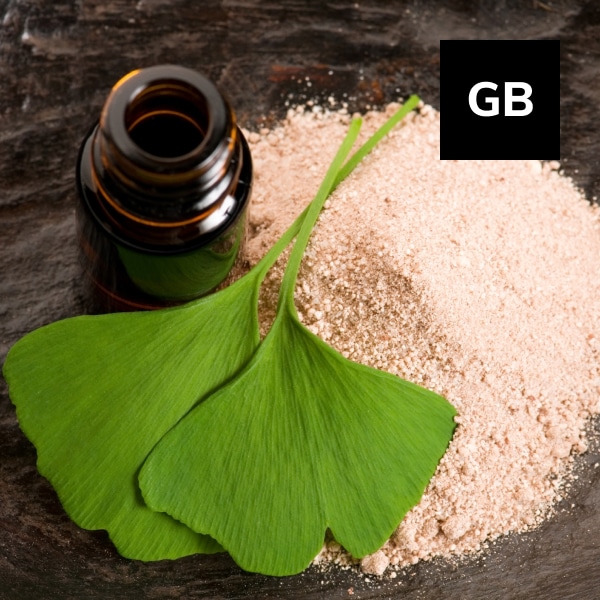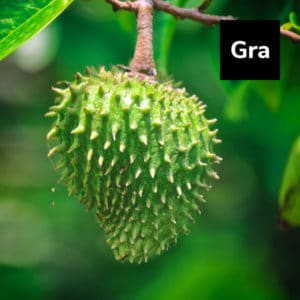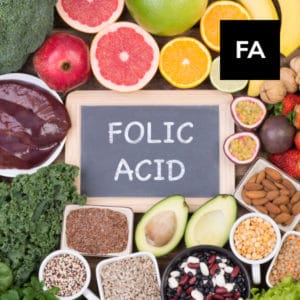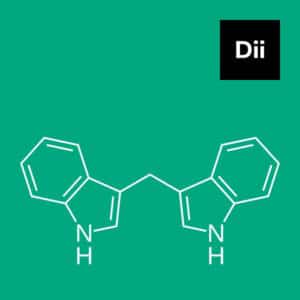Overview
Dozens of controlled human clinical investigations reveal that Ginkgo biloba supplementation promotes circulation in the brain and throughout the body, resulting in major health advantages such as better memory.
Key Benefits
- Keeps the mind bright and the memory strong.
- It shields cells from free radical damage.
- Aids in blood circulation across the body.
- It fortifies and protects the veins and arteries.
History of Usage
Ginkgo biloba extract (GBE) is made from the leaves of the Ginkgo tree, which is the oldest living tree and has been around for 250 million years. This resilient plant, native to China and cultivated in Japan and other areas of the world, survived the Ice Age on the Asian continent. In fact, some trees that are still alive today are approximately 4,000 years old.
According to documents dating back to 2,800 B.C., the Chinese used dried Ginkgo leaves to make therapeutic treatments for many of the symptoms of aging, such as memory loss, poor circulation, and overall mental deterioration. Ginkgo seeds were eventually taken back to Europe by European explorers, where the trees became a famous feature of developed gardens because of their distinctiveness and resilience to disease, pollution, and pests. There are currently ginkgo trees around the globe. The extract’s unique phytochemicals have been shown to provide considerable health advantages, and it has been used for decades as a dietary supplement.
A 240 mg/day Ginkgo biloba extract can stabilize or decrease cognition, function, behavior, and global cognitive impairments, and dementia decreases within 22-26 weeks, especially in individuals with neuropsychiatric symptoms, according to nine trials including 2,561 participants.
Biochemistry
GBE has been demonstrated to serve as an antioxidant and free radical scavenger, a membrane stabilizer, a platelet-activating factor inhibitor, a vasodilator, and a metabolic regulator. It has been demonstrated to improve blood circulation throughout the body, particularly in the head. It appears to make red blood cell membranes more elastic, allowing them to squeeze through capillaries and tiny arteries more easily. Furthermore, it also strengthens capillaries and lowers blood loss from capillary vessels.
GBE has been the subject of over 4,000 investigations and reports, and research has shown that its medical advantages are dependent on the activity of two categories of active constituents: ginkgo flavone glycosides and terpene lactones. GBE’s antioxidant effect in the brain and cardiovascular system is attributed to the glycoside ingredients, which contain bioflavonoid molecules. They also help to maintain regular blood circulation. Terpene lactones improve oxygen and glucose uptake by increasing circulation to the brain and other regions of the body. They also relax vascular walls, have an antagonistic effect on platelet-activating factors, and improve blood flow or microcirculation.
They also relax vascular walls, have an antagonistic effect on platelet-activating factors, improve blood flow or microcirculation, and stimulate neurotransmitters.
Ginkgo biloba is often used for the treatment of Alzheimer’s disease early-stage, vascular dementia, vascular tinnitus, and peripheral claudication. Multiple trials have been conducted to investigate the efficacy of ginkgo for the treatment of cerebrovascular illness and dementia, and systematic reviews indicate that the herb can relieve dementia symptoms.
Recent Trends
At a CAGR of 4.1 percent, the global Ginkgo biloba extract market is expected to reach $2,379 million by 2028.
The growing consumer awareness of the benefits of Ginkgo is propelling the market, particularly in anti-aging creams.
Ginkgo is available in capsule, tablet, and liquid forms, with the tablet being the most popular.
The Asian Pacific region dominates the market for Ginkgo biloba extract. This market generates the most revenue for Korea and China, with North America and Europe close behind.
Precautions
- Before using Ginkgo, pregnant or lactating women should check with their health care professional.
- Ginkgo is normally well-tolerated, but when used with warfarin, antiplatelet medicines, and certain other herbal treatments, it can increase the risk of bleeding.
- When taken in conjunction with other medicines, it is typically safe as long as the daily dose is confined to 240 mg.
- Some persons may experience the following side effects: rash, dizziness, and mucous membrane irritation.
- People who are allergic to poison ivy, poison oak, poison sumac, mango rind, or cashew shell oil may experience an allergic reaction to ginkgo.
References
- Yoshikawa T, Naito Y, Kondo M. Ginkgo biloba leaf extract: review of biological actions and clinical applications. Antioxid Redox Signal. 1999 Winter;1(4):469-80. doi: 10.1089/ars.1999.1.4-469. PMID: 11233145.
- Sierpina VS, Wollschlaeger B, Blumenthal M. Ginkgo biloba. Am Fam Physician. 2003 Sep 1;68(5):923-6. PMID: 13678141.
- Tan MS, Yu JT, Tan CC, Wang HF, Meng XF, Wang C, Jiang T, Zhu XC, Tan L. Efficacy and adverse effects of ginkgo biloba for cognitive impairment and dementia: a systematic review and meta-analysis. J Alzheimers Dis. 2015;43(2):589-603. doi: 10.3233/JAD-140837. PMID: 25114079.
- Unger M. Pharmacokinetic drug interactions involving Ginkgo biloba. Drug Metab Rev. 2013 Aug;45(3):353-85. doi: 10.3109/03602532.2013.815200. PMID: 23865865.




